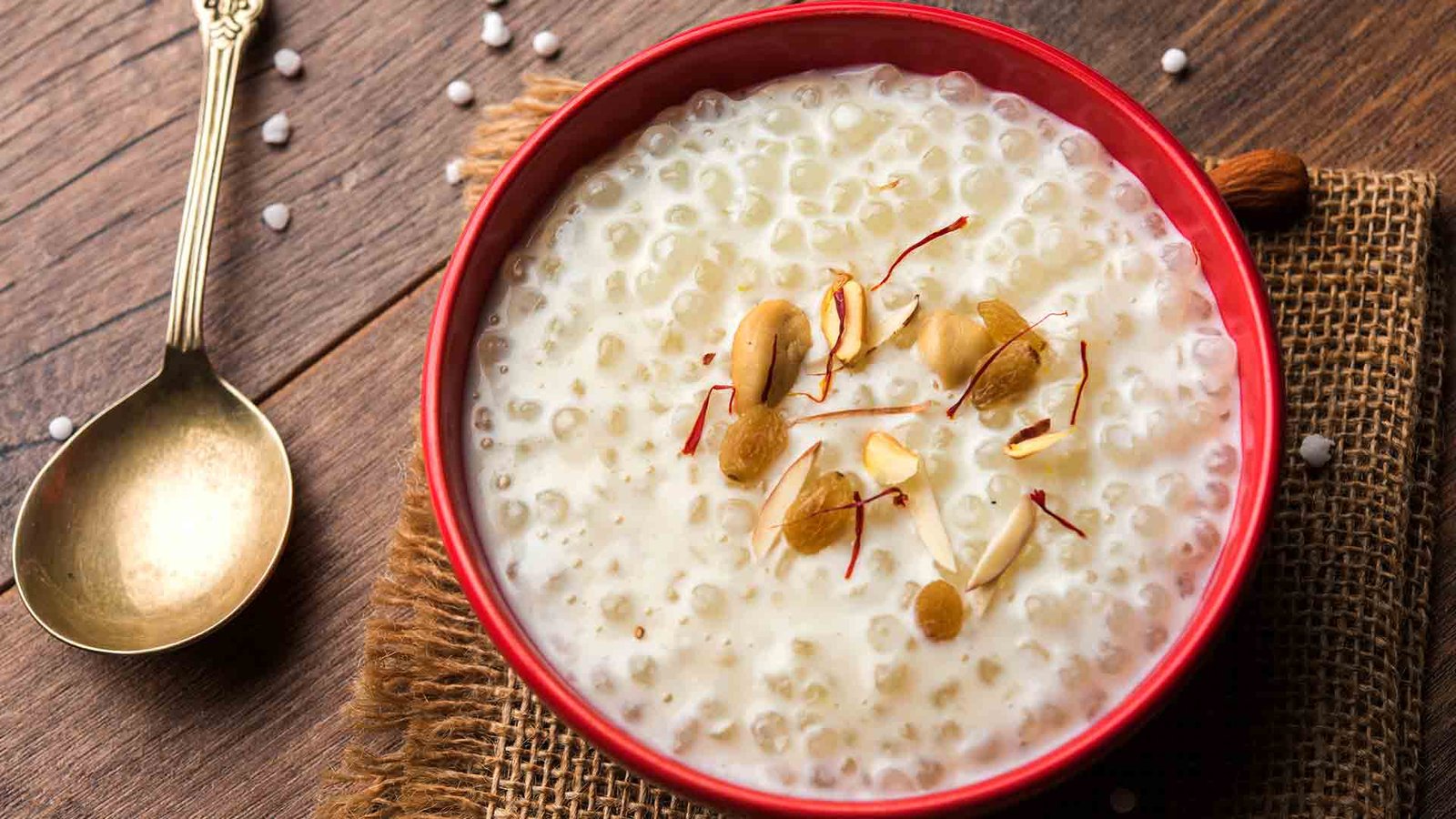Living with diabetes, hypertension or any other chronic disease requires you to do multiple things – track vitals, take medicines & stay on top of your health at all times.
Sabudana khichdi to sabudana Kheer are common dishes in India. The main ingredient is something called sabudana, which is a pearl-like starch made from tapioca plant, which is native to Asia, Africa and South America.
It should be consumed in moderation, if you have diabetes. Keep reading to know about the various benefits of Sabudana and is Sabudana good for diabetes.
Sabudana: Nutritional Profile
Sabudana is considered to have a high concentration of iron, calcium, and potassium and is also high in carbohydrates. The glycemic index of Sabudana is 67, which means that clearance from the blood would take longer than normal. Sabudana, therefore, comes under the category of foods with medium to high glycemic index.
The composition of 1 cup of tapioca pearl is:
Advantages of Sabudana for Diabetes
The relevance of Sabudana with Diabetes is rare due to the high glycemic index and the high carbohydrate content in the food. But it can be consumed under controlled conditions. The advantages of Sabudana for Diabetics are:
- Promote digestive health.
- Assists in weight loss.
- Prevent constipation.
- High in fiber
- Gluten-free
Ways to Consume Sabudana
You can have Sabudana in different meal varieties in your food. These could be:
- Breakfast meals such as khichdi
- Snacks such as sabudana Vada and sabudana chiwda
- Sabudana papad
- Sabudana thalipeeth
- Sabudana pakora
- Sabudana bhel
The desserts associated with Sabudana are not recommended for diabetic patients due to the significantly large amount of sugar and carbohydrates involved.
Wondering if your favorite foods are diabetes-friendly? Get the facts on what’s safe and what’s best to avoid.
When to Consume Sabudana?
Due to the high-calorie content, sabudana is best consumed during fasting. It can be consumed any time of the day, but the frequency should be low, especially for people suffering from diabetes. Eating such high carb and calorie foods can quickly make a negative impact on your health.
Also Checkout: Is Peanut Butter Good For Diabetes
Sabudana: Overconsumption Risks
Some of the precautions and risks that must be kept in mind while consuming. These precautions are:
- Consume only cooked sabudana.
- Consult your doctor if you have thyroid-related problems.
- Consult your doctor if you are breastfeeding.
- Consult your doctor if you are pregnant.
Other Health Benefits of Sabudana
There are many benefits of sabudana:
- It is an instant energy source.
- It is gluten-free.
- It reduced blood pressure.
- Help have strong bones.
Don’t Have Time To Read?
- Sabudana is a high-energy, high-carbohydrate source of food.
- People with diabetes can consume sabudana in a controlled manner.
- Sabudana has various benefits, such as controlling blood pressure and is gluten-free.
FAQs
Is Sabudana Good for Diabetes?
Sabudana is a great gluten free source of energy, but has a high glycemic index. Therefore, it is suggested that you consume sabudana in moderation, especially if you have diabetes. If your diabetes is high and unmanaged, it is best to avoid sabudana and go for lower GI sources of carbohydrates.
Is Sabudana Unhealthy?
Sabudana is not necessarily unhealthy, and is actually nutrient dense in calcium and phosphorus. It is healthy when eaten in controlled amounts and unhealthy when consumed in big amounts.
Is Sabudana Good for Health?
Sabudana is good for health when consumed in appropriate proportions. You must consult with your doctor before consuming sabudana if you suffer from health problems.

1 comment
[…] Also Checkout: Is Sabudana Good For Diabetes […]